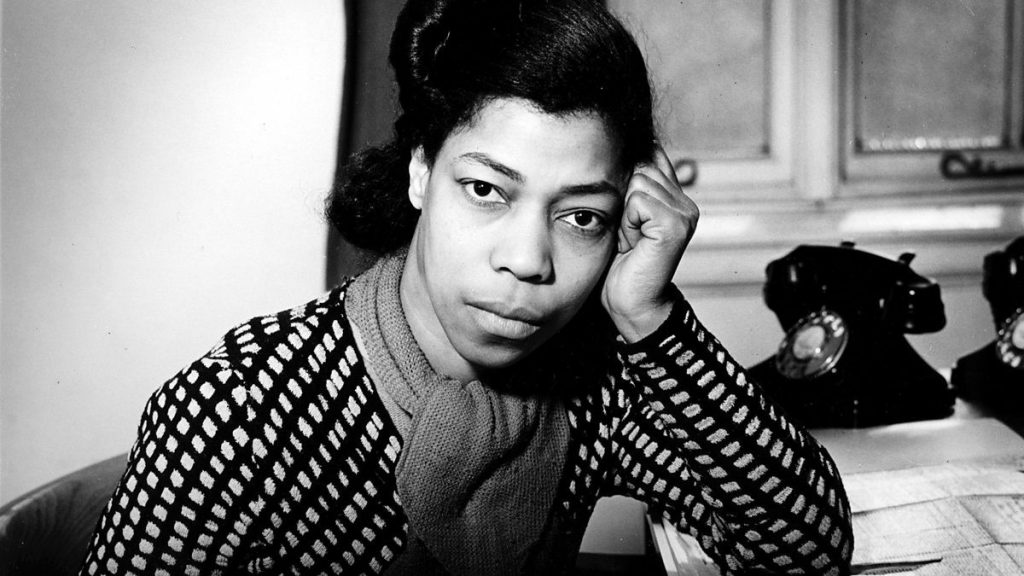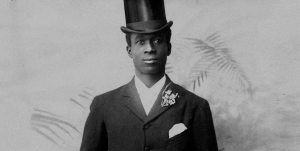Una Marson was before her time. Before she moved to Britain, she already achieved more in a creative career than most of us will achieve in a lifetime.
Born in Jamaica, her father was a Deacon and she grew up in a middle-class environment.
After graduating from Hampton High in 1922, Una became a stenographer at The Jamaica Critic.
This wasn’t your typical choice of career for a young Jamaican.
Jamaica was still under colonial rule from Great Britain. (Until 1962)
The curriculum aim back then was to push young Jamaicans into domestic works and services.
Una broke history in 1926 by becoming the first assistant editor at The Jamaica Critic. All at the tender age of 21!
Dizzying accomplishments would soon become the norm for her.
After 6 years of working at The Jamaica Critic, Una launched her own magazine called The Cosmopolitan (1928-1931).
It focused on women’s economic and cultural status, while also publishing Jamaican poets.
This was seen as progressive as not many newspapers published work like this at the time.
Una also published collections of poetry; Tropic Reveries (1930), Heights and Depths (1931).
Tropic Reveries would give her the country’s highest achievement, The Musgrave Medal. With all those achievements under her belt, Una left Jamaica at 27 to move to England.
London, England
When Una arrived she was helped by Dr. Harold Moody who gave her a place to stay. He also got her a job as a secretary at The League of Colored People (LCP).
Whilst working at the LCP, Una staged one of her plays ‘What A Price’ at La Scala (in London) in 1933.
It was the first play written and directed by a Black woman and to consist of an all majority Black-cast.
Her colleagues from the LCP played the supporting roles.
To show you the significance it wouldn’t be until another 79 years until there was an all-black cast in London when the Noel Coward theatre showed Julius Caesar.
In 1935, Una was invited to speak at the International Alliance of Women for Suffrage and Equal Citizenship conference. This was an opportunity that Una used to advocate for women in colonised countries.
This led to Una working with Dr. Charles Martin, who was Ethiopia’s first-western trained physician.
Less than a year later in 1936, Una was introduced to Emperor Haile Selassie and accompanied him to The League Of Nations.
All this strenuous and groundbreaking work came at a price. Una’s mental health suffered and she had a nervous breakdown.
Una flew back to Jamaica to rest.
BBC
In 1938, Una returned to London ready to pick up where she left off, and a year later she became the first Black Broadcaster at the BBC.
Una’s show “Calling The West Indies” gave messages of comfort to all the servicemen/women in England to friends and families in the Caribbean.
Although she was putting herself in danger, Una and her guests continued to broadcast live from BBC House (in Oxford Circus) during the second world war.
Una, unfortunately, suffered another nervous breakdown. I think that this was due to the two battles she was fighting – Sexism and Racism.
In 1945, Una permanently relocated to Jamaica and released her final poetry collection “Toward The Stars”.
There is a blue plaque dedicated to Una in Camberwell, South London.
#UnaMarson #Adeptales #StayAdept #Jamaica #Playwright #Activist #Poet #Writer #Director #BBC #Broadcaster #Camberwell #Peckham #SouthLondon #SoAdept






[…] The founding members were: Belfield Clark, George Roberts, Samson Morris, Robert Adams, Desmond Buckle, C.L.R James, Jomo Kenyatta, and Una Marson. […]